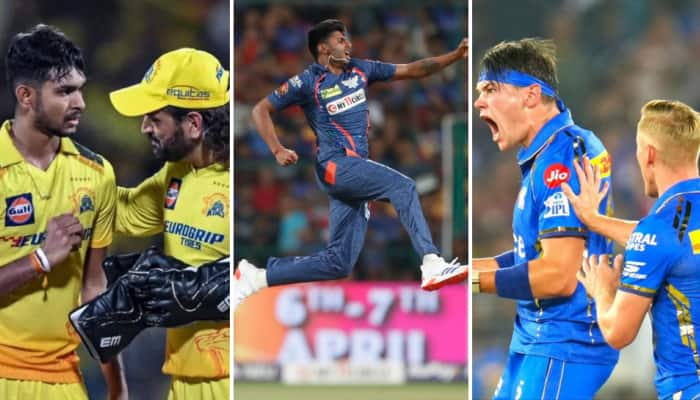Toronto: Deepa Mehta`s much awaited ‘Midnight`s Children’ lushly captures much of India`s recent history in an epic sweep, some of the magical realism of Salman Rushdie`s iconic novel after which it is named, and is even funny.
But persistent as Saleem Sinai`s snot, even unto the new century of cinema, is that exotic India package--snake charmers in red turbans, magicians who say Abracadabra and slumdwellers who speak pucca English.
Mehta, Canada-settled director of Indian origin, slathers on the chutney much thicker than even `Slumdog Millionaire`, directed by Danny Boyle, who is British.
The film was received with weak, scattered applause at its press preview here at the Toronto International Film Festival.
First, only a braveheart would attempt to film Salman Rushdie`s much beloved Booker of Bookers awarded novel, whose key strength is a rambunctious revelling in language, even if the film`s screenplay is by Rushdie himself.
And India`s history is familiar terrain with her earlier film, Earth. Midnight`s Children is about a two children born at the same time that India was born, August 14, 1947, and so are "handcuffed to history".
A nurse (the wonderful Seema Biswas) swaps the two babies--Saleem Sinai and Shiva--and switches their destinies.
Following their lives till the next generation, the film takes in India`s potted history--Partition, the liberation of Bangladesh, the Emergency.
The first half of the film is gloriously evoked and shot--by Mehta faithful Giles Nuttgens--but later, the editing makes the film seem like a bullet point-version of Indian history. Despite this, tedium sets in at a length of 148 minutes.
There`s a Bollywood touch, with the formula of siblings separated at birth, whose destinies are forever intertwined, and endless coincidences. Satya Bhabha (Saleem Sinai) is earnest but not quite convincing; Shahana Goswami as his mother brings a mature presence; Rahul Bose as his uncle brings a stiff-upper lip flourish. Nitin Sawhney`s music is evocative.
The end--as Seema, Saleem`s former ayah, becomes the `mother` to his motherless son--emphasises a life defined by acts of love--and makes for a lingering feel-good climax.
PTI







)
)
)
)
)
)
)
)
)
)
